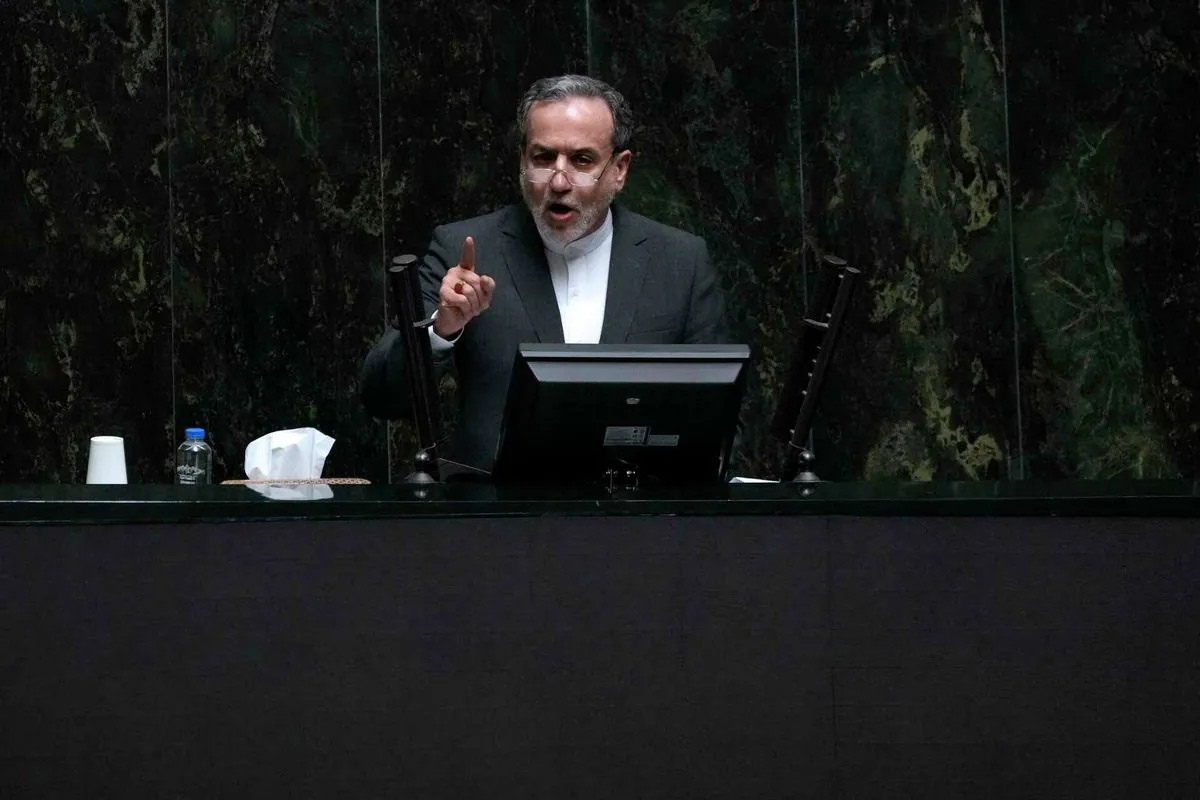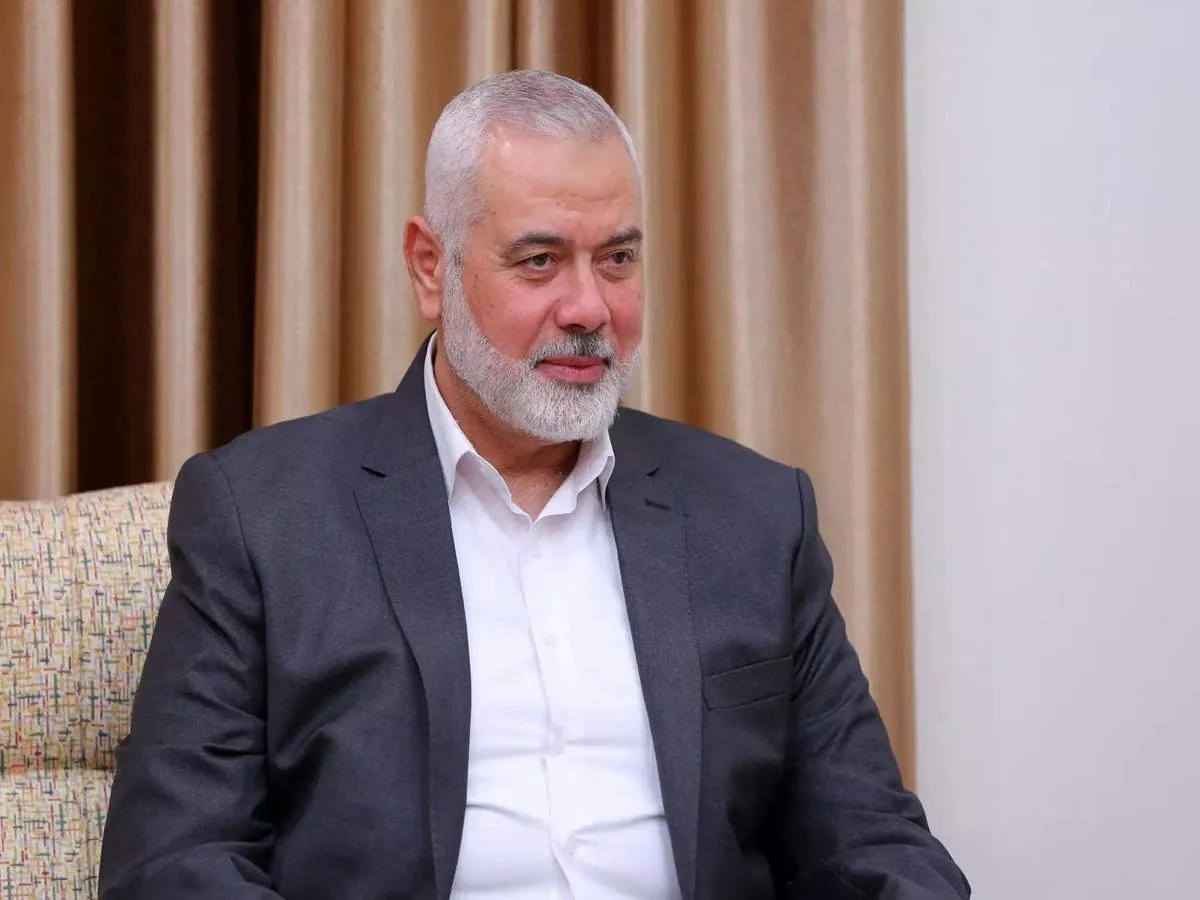Iran Vows Measured Response to Hamas Leader's Assassination in Tehran
Iran's Foreign Minister discusses Middle East tensions with Italian counterpart, promising a calculated response to the killing of Hamas chief in Tehran. Iran blames Israel for the incident.

In a recent diplomatic exchange, Abbas Araqchi, Iran's Foreign Minister, conveyed to his Italian counterpart, Antonio Tajani, that Iran does not aim to escalate tensions in the Middle East. This communication comes in the wake of a significant event that has heightened regional concerns.
On July 31, 2024, Ismail Haniyeh, a prominent figure in Hamas, was assassinated in Tehran. Iran has attributed this act to Israel, describing it as a breach of Iran's security and sovereignty. The incident has sparked international attention, given the complex geopolitical landscape of the region.
"Iran does not seek to increase tensions. However, it is not afraid of it. Iran's response would be definite, calculated and accurate."
This statement reflects Iran's stance on the situation, indicating a measured approach while also signaling resolve. The use of terms like "calculated" and "accurate" suggests a strategic consideration of potential actions.

The assassination of Haniyeh in Iran's capital adds another layer to the already complex relationship between Iran and Israel. Since the 1979 Iranian Revolution, these two nations have been in a state of hostility. Iran's support for Hamas, which it has provided with financial and military aid, further complicates the situation.
It's worth noting that Hamas, founded in 1987 during the First Intifada, is designated as a terrorist organization by several countries and international organizations. The group has controlled the Gaza Strip since 2007, an area that has been under blockade.
The incident raises questions about international law, which generally prohibits the use of force in another state's territory without consent. Extraterritorial assassinations, a tactic that Israel has been associated with in the past, often lead to increased diplomatic tensions.
As the situation unfolds, the international community watches closely. The Middle East, a region with a history of geopolitical tensions, may face new challenges depending on the outcomes of this incident and the responses it elicits from involved parties.


































